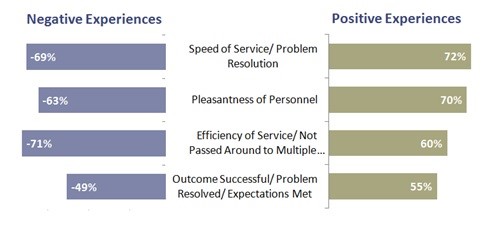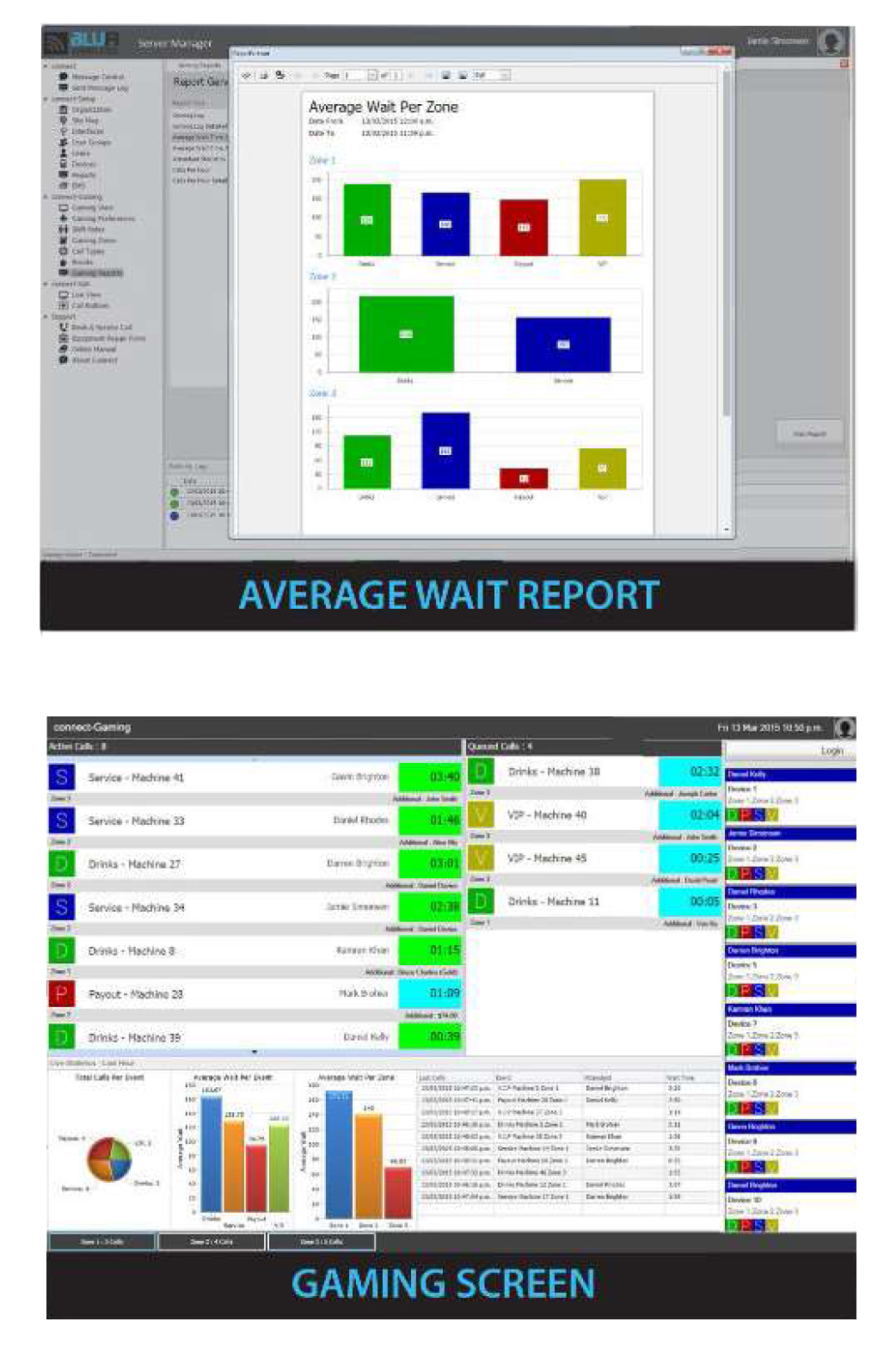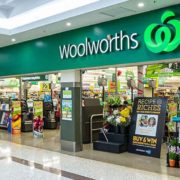IS SPEED OF SERVICE BECOMING MORE IMPORTANT THAN SERVICE QUALITY IN A BUSY WORLD?
After the introduction of mobile phone 10 years ago the digital revolution has led to a convenience revolution where customers expect to push a button and get immediate service. Along with that convenience comes a hunger for speed, with consumers now hating to wait for anything. Busy customers put swift service and convenience at the top of their list of priorities in their daily lives and it is hard to switch that expectation off, even when they enter the club or hotel for some entertainment and down time. Particularly for players on the gaming floor a 5 minute wait for staff to take a drink order feels like 15 minutes when you are losing: (it’s not so bad when they are winning though!). Added to this problem, is the shorter play time many of the newer games allow for players on a budget. In some cases the money has run out before they even get their coffee.
So is it service speed or service quality that’s important? In clubs and hotels it tends to be both…. even when players are impatient and want fast service, if the order is wrong or the coffee is cold it’s the quality of the service they remember, and the pleasant staff that can smooth over the issues.
A recent survey by a mystery shopping agency of 500 respondents* asked them to recall any experience with any provider that they found to be particularly positive or negative. When asked to characterise the cause of a positive or negative experience, the top indicators of a positive experience was listed as speed of service (73%), followed by pleasant staff (70%) and efficiency of service/not being passed around (60%). For negative experiences the rating was almost the exact opposite with speed of service (-69%), pleasantness of staff (-63%) and efficiency (-71%).
 Source*: http://www.kinesiscem.com/Insights_Implications_CX.shtml
Source*: http://www.kinesiscem.com/Insights_Implications_CX.shtml
So if speed, and efficiency of service as well as pleasant staff are the main indicators of both a positive and a negative experience in your venue, how do you manage these separate issues on the gaming floor?
Apply a time benchmark for gaming service:
A time benchmark needs to be based on the size of the gaming floor and also to the average order type. For example, if your club serves good coffee or brewed coffee the time difference between the two products is considerable. Make sure your service benchmark (from the time the player hits the service button, up to the time the staff arrive to get an order) is relevant to the products you offer. In most clubs this should be around 1-1.5 minutes. As long as all the gaming floor staff understand the expectations then both speed and efficiency of service are improved.
Identify and Measure
By adding in a time benchmark for service you are easily able to measure any improvements and identify any areas of the floor that slow down the time staff take to serve a customer. By drilling into your paging system data you can identify these bottlenecks, and improve service times. Having the right number of staff on the floor during service hours based on what day, or what time of day it is, is simplified by using the timing benchmark. Focusing on the service times, rather than the number of players, means that the players remain the priority.
Improve staff efficiency
Different staff also have different service styles and some staff may be better used in areas of the floor where customers are more likely to prefer to have a chat, rather than just a silent and speedy delivery of their coffee. Escalations need to be managed properly and quickly with an immediate reaction by a supervisor. These can also be benchmarked by time to maintain focus on a customer. Using the paging system reports to identify how many escalations are occurring once either the service or escalation benchmark time is exceeded, will help organise staffing levels, and identify speedbumps slowing down the process.
The only way to get both faster service and more efficient service is by improving processes and you can only achieve that if you have the data and information to work with when investigating fixes. Simple paging systems don’t give enough detail – zoning, staffing levels, areas, escalations, day trade and time of day reporting are all required to make your gaming floor more efficient.
With so much competition for the gaming dollar in the current climate it is the small one-percenters that make a difference. You can only do that with the right equipment. BTG Connect Gaming Paging system has one of the best back end reporting tools available in the market:
- Priority paging – even call rotation to staff and multiple flexible escalation levels
- Real-time report and statistics generation – exportable to Excel
- Monitoring of staff times and performance – busiest time and day reporting tools by calls and escalations
- Ability to zone the floor and report on staff service times, calls and escalations
- Escalations can be flexibly configured based on time of day and day of week.
- Scheduled tasking engine automatically sends required regular reports to any pc
For further information on the reporting tools available in the BTG Connect Gaming Paging System and Software click here>>>>> https://btgau.com.au/contact.html













